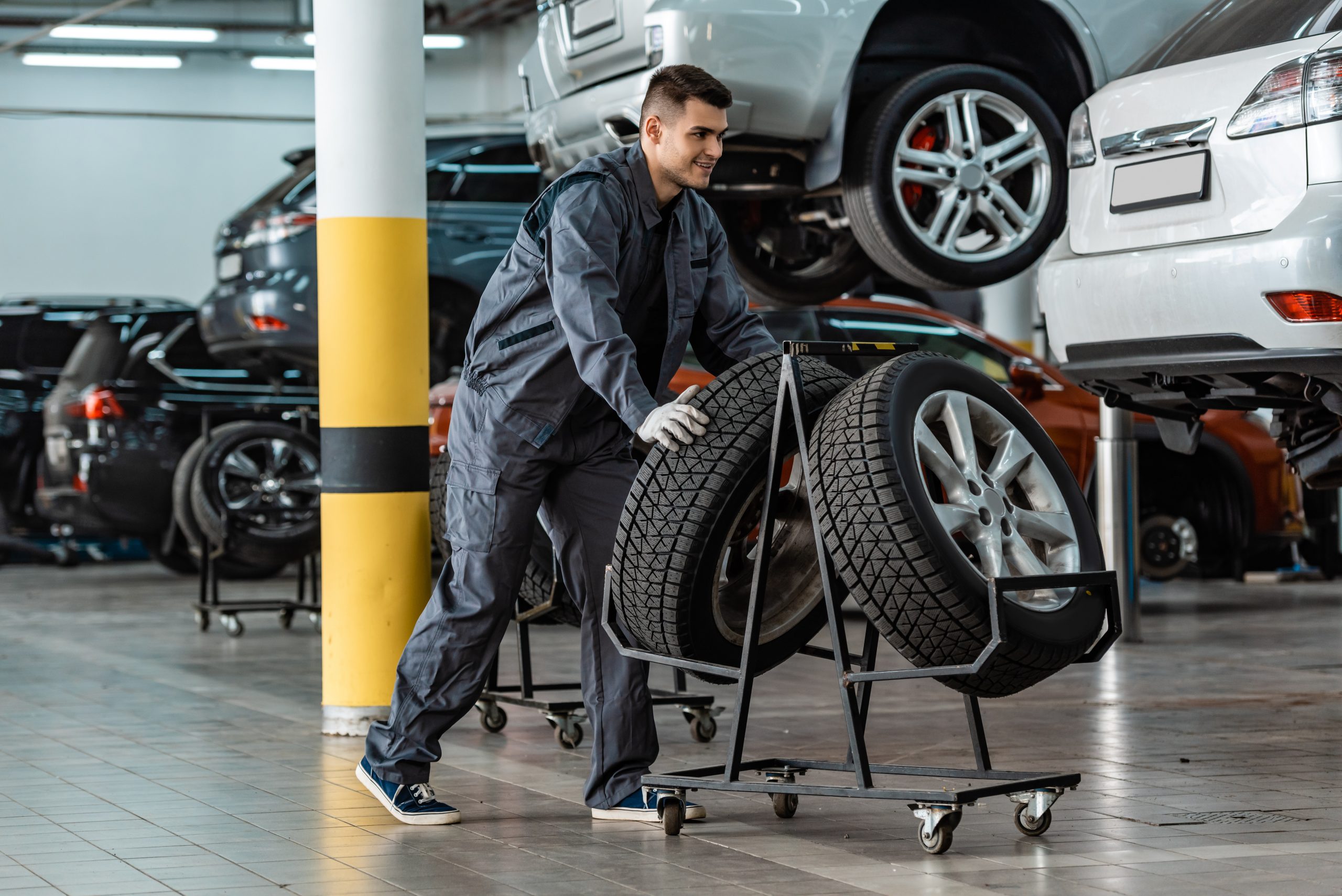Discover Tire Excellence at Morris Tire: Your Trick to Ideal Efficiency
Discover Tire Excellence at Morris Tire: Your Trick to Ideal Efficiency
Blog Article
The Environmental Benefits of Proper Tire Upkeep
Maintaining appropriate tire care is usually neglected, yet its influence on the atmosphere is extensive. Correct tire maintenance not just expands the life-span of tires yet additionally reduces landfill waste and contributes to enhanced air high quality.
Reduced Gas Consumption
Improving tire maintenance methods can lead to a significant decrease in gas intake for lorries. According to the U.S. Division of Energy, underinflated tires can lower gas mileage by 0.2% for every 1 psi decline in pressure in all four tires.
In enhancement to tire stress, regular tire turnings and positionings additionally play a crucial role in fuel performance. Unevenly worn tires can enhance gas usage as the engine functions harder to keep rate and grip. By maintaining proper positioning and turning tires at advised periods, drivers can make certain even put on and prolong the life of their tires, inevitably conserving fuel and decreasing their carbon footprint.
Extended Tire Life-span
Expanding the lifespan of tires is a key aspect of effective lorry upkeep techniques that can yield expense financial savings and environmental advantages over time. By properly maintaining tires, chauffeurs can dramatically extend their usability, minimizing the regularity at which brand-new tires need to be made and old ones thrown away. This not only preserves valuable sources but also reduces the energy and exhausts related to tire production and disposal procedures.
Consistently examining tire stress, revolving tires, and making sure proper positioning are vital action in extending tire life expectancy. Appropriate step deepness is critical for optimal traction and safety, however it also plays a duty in exactly how long tires can be used prior to requiring substitute. In addition, avoiding aggressive driving behaviors that increase tire wear, such as harsh stopping and sharp turns, can further enhance tire sturdiness.
Ultimately, increasing the long life of tires via positive maintenance not just benefits the atmosphere by minimizing waste and saving resources however likewise brings about cost financial savings for automobile owners by postponing the need for new tire acquisitions.
Reduced Emissions Outcome
Reliable tire maintenance practices add to a decrease in exhausts output, straightening with environmental sustainability objectives in the vehicle industry. By maintaining ideal tire pressure degrees, chauffeurs can aid reduce these negative ecological effects.
Moreover, well-maintained tires also enhance traction and lower rolling resistance, better improving gas performance. This, consequently, minimizes the amount of exhaust gases released right into the environment. Furthermore, ensuring tires are appropriately pumped up and lined up can expand the life-span of the tires, lowering the frequency of tire replacements and the connected ecological expenses of tire production and disposal.

Lowered Land Fill Waste
Given the positive impact of correct tire upkeep on lowering emissions result, another considerable environmental benefit is the capacity for decreased garbage dump waste. They wear out quicker and require to be changed a lot more frequently when tires are not kept properly. This causes a greater volume of utilized tires being taken care of in land fills. By guaranteeing that tires are appropriately pumped up, straightened, balanced, and revolved routinely, their lifespan can be substantially extended. This suggests that less tires wind up in garbage dumps, minimizing the quantity of non-biodegradable waste in these already overflowing websites.

Improved Air High Quality
Enhancing air high quality with proper tire upkeep techniques is an important aspect of lasting ecological stewardship. When tires are underinflated, they develop more rolling resistance, bring about raised fuel intake and higher discharges of damaging toxins such as carbon monoxide gas and nitrogen oxides. Correctly filled with air tires not just boost gas effectiveness however also lower the quantity of pollutants released right into the air.
Moreover, properly maintained tires with appropriate tread deepness and positioning add to safer motoring conditions, minimizing the probability of crashes that can result in the launch of extra toxins into the atmosphere. By expanding the lifespan of tires through regular upkeep and rotation, less tires are thrown out too soon, reducing the ecological impact of tire disposal and manufacturing procedures.
Final Thought
In conclusion, correct tire upkeep uses many environmental benefits. It is crucial for wikipedia reference people to prioritize tire upkeep as a straightforward yet efficient method to shield the atmosphere for future generations.
Appropriate tire upkeep not only expands the life-span of tires but additionally lowers landfill waste and adds to improved air high quality - discount tires morris il. By keeping correct positioning and revolving tires at recommended periods, vehicle drivers can guarantee even wear and extend the life of their tires, eventually conserving gas and minimizing their carbon impact
By effectively maintaining tires, vehicle drivers can dramatically lengthen their functionality, lowering the regularity at which new tires need to be produced and old ones disposed of.Regularly inspecting tire pressure, turning tires, and making sure correct placement are necessary steps in extending tire lifespan. Additionally, making certain tires are properly pumped up and straightened can prolong the life expectancy of the tires, lowering the frequency of tire substitutes and the associated environmental costs of tire manufacturing and disposal.
Report this page